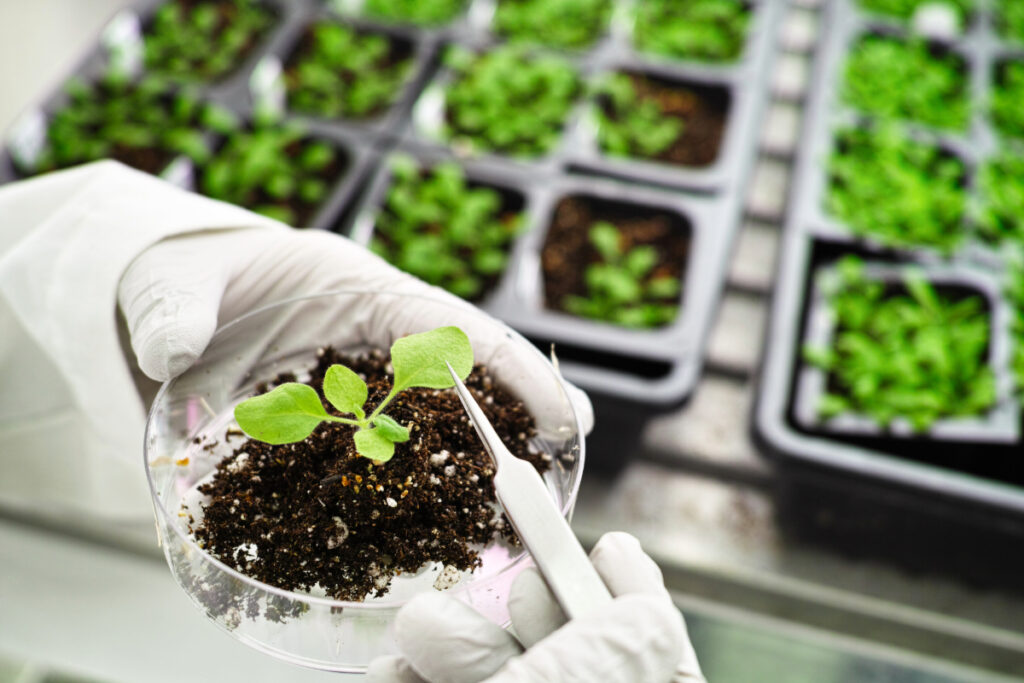The application of biosolutions extends beyond the realm of pharmaceuticals, touching upon renewable energy, bio-based industrial solutions, and agriculture. A prime example within agriculture is innovative seed treatments like Poncho® Votivo® 2.0 by BASF, which utilizes beneficial bacteria to enhance crop protection and overall plant health, reflecting the sector’s broader role in supporting sustainability through nature-inspired approaches.
The potential economic impact of biosolutions is substantial, with market value projections rising from €240 billion in 2020 to €640 billion by 2030. This growth not only emphasizes the economic opportunities for Europe but also underlines the importance of biosolutions in the continent’s sustainability and resilience strategies.
Artificial intelligence (AI) and machine learning (ML) technologies are accelerating the bio-revolution, transforming biotechnology research and innovation. These technologies enable more efficient processes in drug development, optimizing chemical compounds, and enhancing clinical trials, positioning Europe at the forefront of global biosolutions development.
The strategic integration of biosolutions is imperative for Europe to achieve its environmental goals and address challenges such as food and feed scarcity. Innovations like biocement from companies like Biomason showcase how biosolutions can reduce reliance on fossil materials and minimize environmental impact across sectors, including construction.
Moreover, New Genomic Techniques (NGTs) represent a leap forward in agriculture, offering precision and efficiency in developing improved plant varieties with enhanced resilience to climate change and reduced need for chemical inputs. NGTs exemplify the transformative potential of biosolutions to reshape food production, contributing to Europe’s food security and sustainable development.


